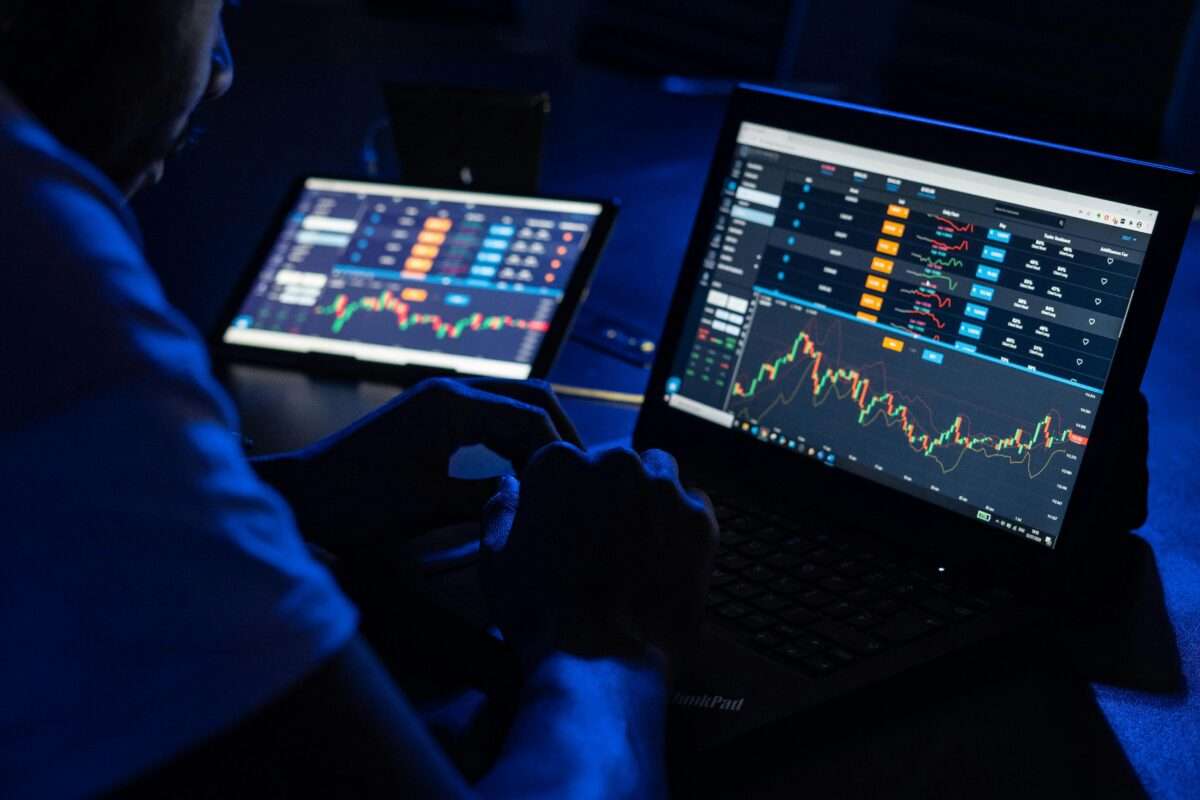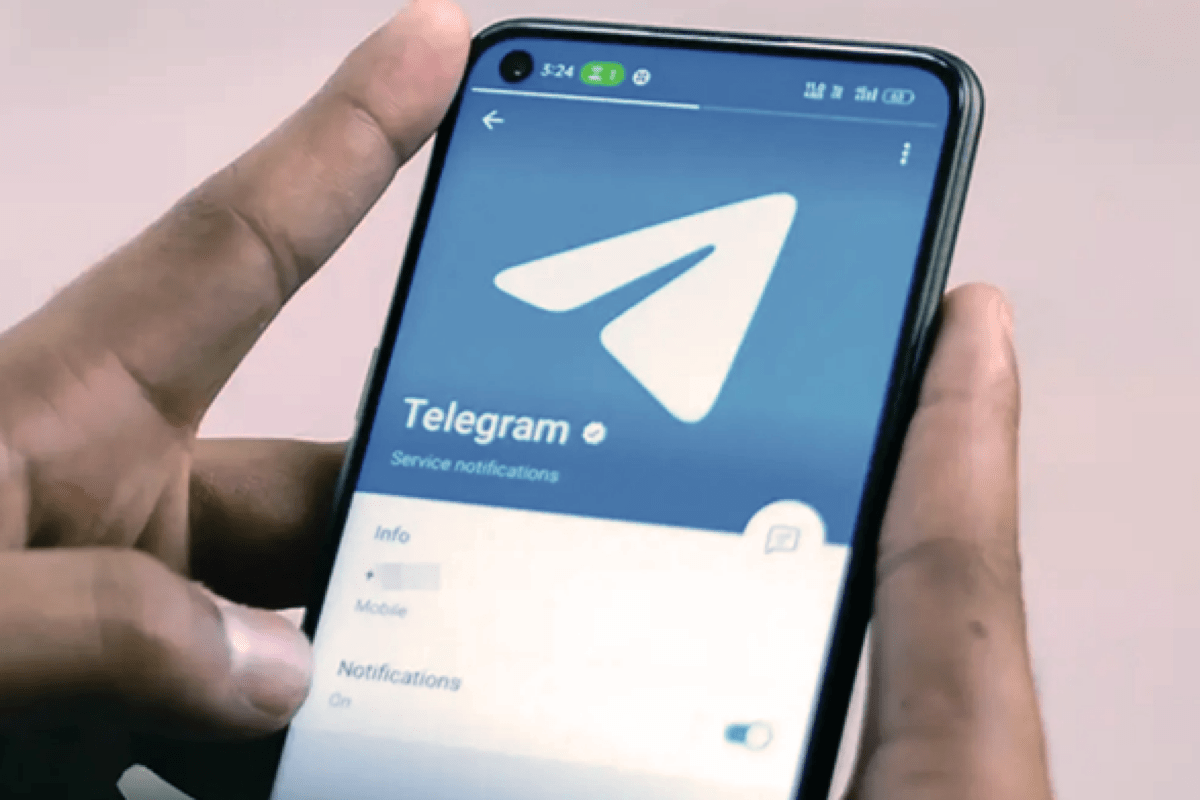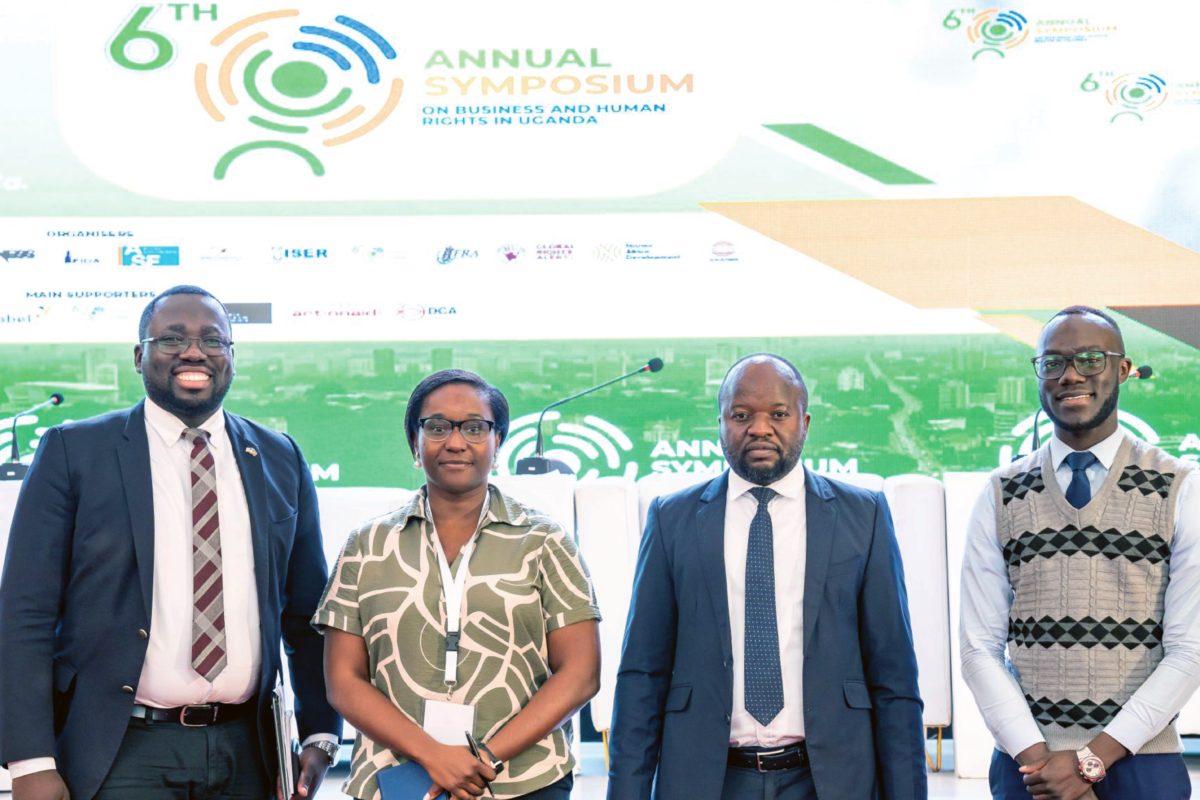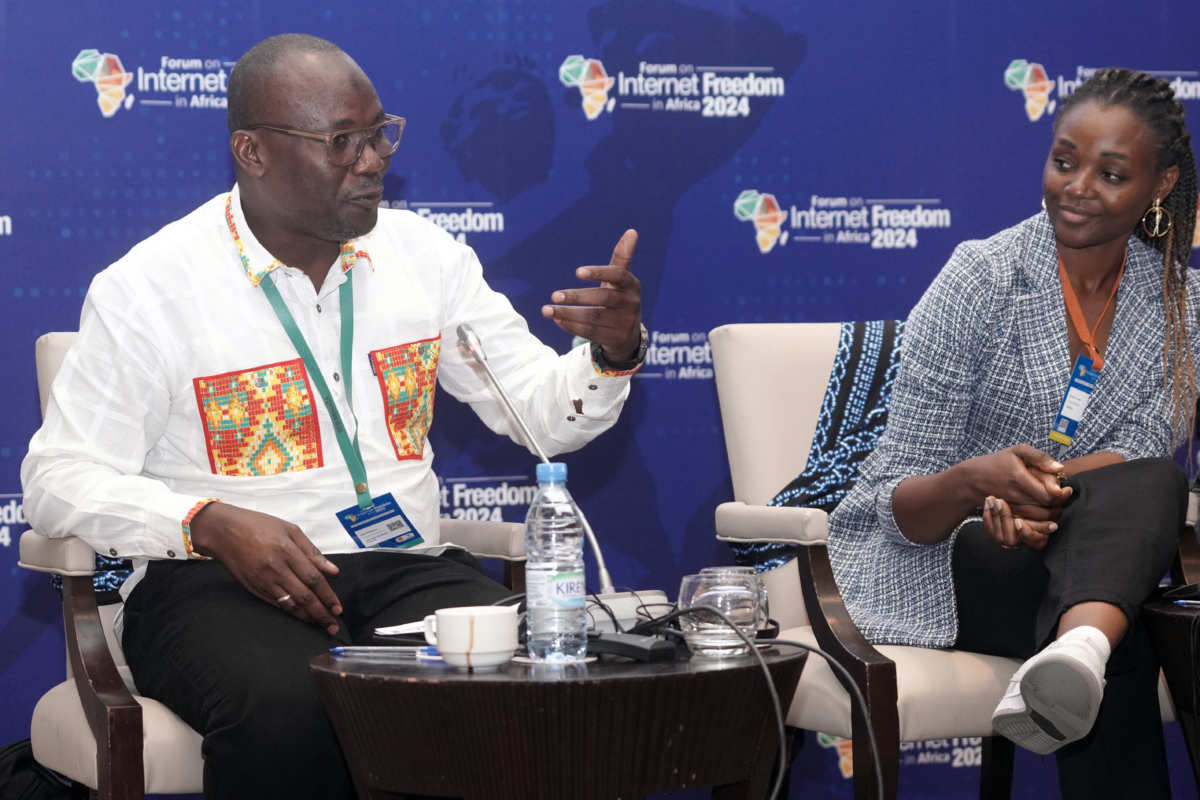By Edrine Wanyama |
On November 19, 2024, Uganda’s Ministry of Information, Communication Technology, and National Guidance (MoICT&NG) validated a draft data strategy, marking a significant milestone in the country’s digital transformation journey. This process follows a 2022 review that identified critical weaknesses in Uganda’s data-sharing ecosystem, including limited data sharing, fragmentation, silos, lack of common standards, and low trust in the system.
The strategy is a cornerstone of the Uganda Digital Transformation Road Map, which drives the Digital Uganda Vision and the country’s broader Digital Revolution agenda. Its goal is to foster a data-driven environment that stimulates innovation, economic growth, and social development. The strategy focuses on three main pillars: data governance, data infrastructure, and strategic data utilisation for efficient and effective use of data.
A robust institutional framework is central to the strategy, comprising a National Data Steering Committee, a National Data Office, and links to data personnel within various Ministries, Departments, and Agencies (MDAs). Additionally, the strategy emphasises the importance of a comprehensive legal and policy framework aligned with national, regional, and international standards.
Uganda’s data protection framework is still in its early stages, with enabling legislation passed in 2019 and implementing regulations adopted in 2021. However, the framework has faced criticism for lacking clear oversight mechanisms and prioritising government access to individuals’ data—justified under national security and lawful purposes—over the protection of data and privacy rights.
The adoption of this data strategy has the potential to introduce stronger oversight and policy guidance, effective stakeholder engagement, and improved monitoring and evaluation in data management processes. This would pave the way for a robust, data-driven economy in Uganda.
Dr. Wairagala Wakabi, Executive Director of CIPESA stated, “Uganda’s Data Protection Strategy coincides with the recent African Commission on Human and Peoples’ Rights Resolution on Promoting and Harnessing Data Access as a Tool for Advancing Human Rights and Sustainable Development in the Digital Age (ACHPR/Res.620 (LXXXI) 2024). If rightly applied and implemented within the existing data governance frameworks at the African Union level, its aims, goals, and objectives cannot be defeated.”
As Africa slowly moves towards a harmonised data regime, Uganda’s strategy represents a key step toward achieving the African Union’s goals. It has the potential to enhance governance, public service delivery, and economic growth while contributing to the continent’s broader socio-economic transformation within the digital economy.






